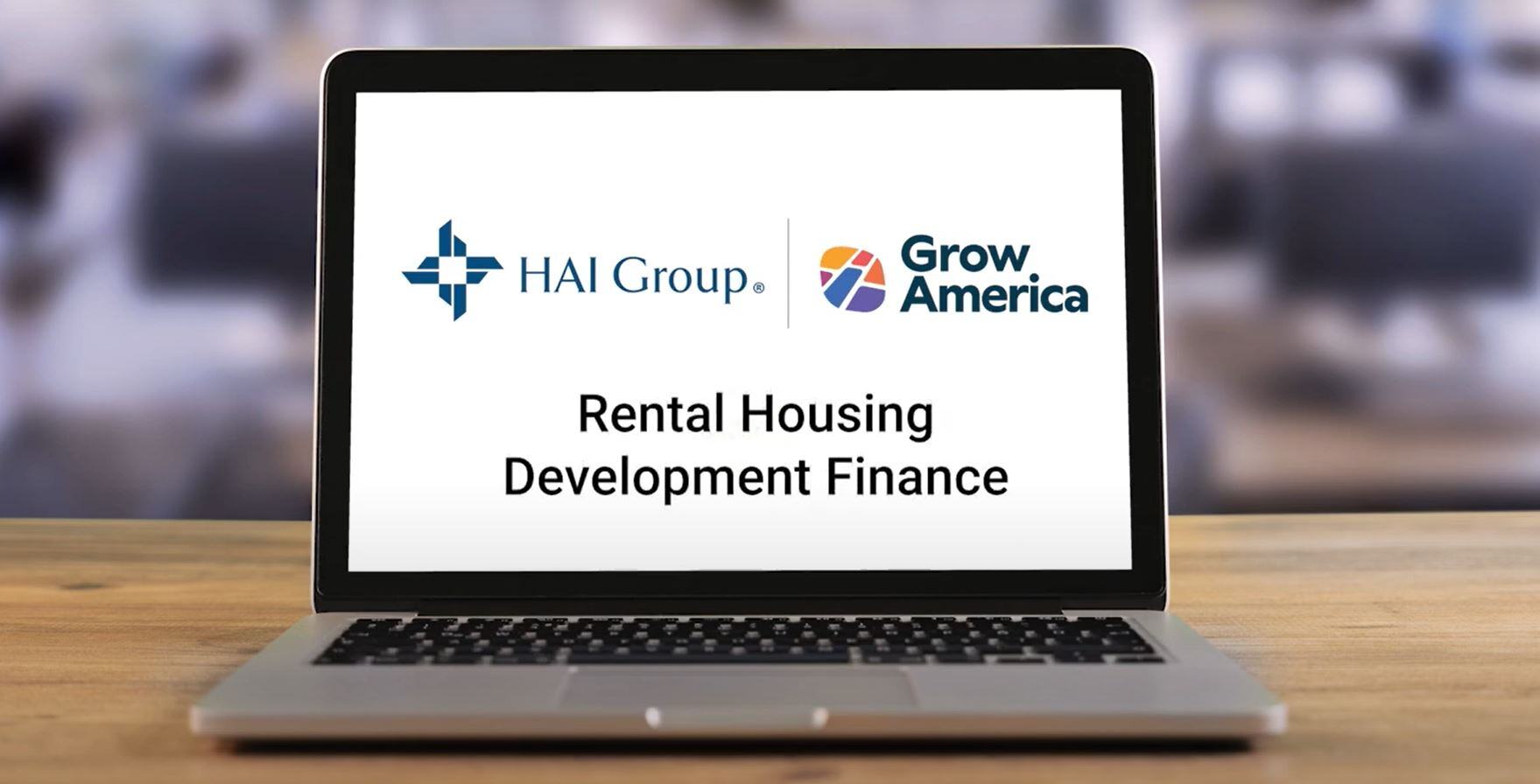The U.S. Department of Housing and Urban Development (HUD) this week announced “substantive changes” to a portion of its Section 8 Renewal Policy Guidebook to streamline project-based rental assistance contract renewals.
The updates—published on March 27 in Chapter 9 of HUD’s Section 8 Renewal Policy Guidebook—become effective for project owners on May 1, 2023. HUD last updated the guidebook in 2017. In a statement, HUD said recent changes to Chapter 9 of the guidebook provide updated policies and processes for rent comparability studies, which HUD requires as part of Section 8 Housing Assistance Payment contract renewals.
“These much-needed changes reinforce our dedication to maintaining a strong program that provides vital affordable rental housing to low-income individuals and families through project-based rental assistance,” HUD’s Deputy Assistant Secretary for Multifamily Housing Ethan Handelman said in a statement.
Under HUD’s Section 8 Project-Based Rental Assistance program, which provides more than 1.2 million low-income and very low–income families with affordable housing, HUD maintains long-term contracts with owners of multifamily housing properties, requiring that rents covered by such contracts be comparable with market rents in the area where the project is located. Rent comparability studies determine market rents for each Section 8 unit type in a subject property. Rent determination is achieved by finding comparable market-rate properties and adjusting rents based on the differences between the subject property and similar properties.
Key updates to Chapter 9 of HUD’s Section 8 Renewal Policy Guidebook include:
- Revised options for owners seeking to renew their contracts without a rent comparability study, when eligible, to reduce administrative and processing costs and time for owners.
- Enhanced consistency in valuing non-shelter services to better support properties with services to residents, such as on-site health screening.
- Expanded internet and broadband services eligibility for consideration as a non-shelter service for valuation purposes.
“The changes provide clarity and process improvements for owners and encourage high-quality resident services at a time when this nation needs to preserve and expand the availability of affordable homes,” Handelman said.






